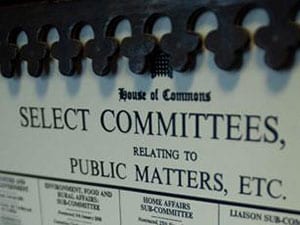How do you give power to poor people? African Voices Question Time
By ucyow3c, on 11 February 2016
Written by Greg Tinker.
The history and the future of Africa, problems and threats facing African people and inspiring stories that go unreported were among the subjects discussed by prominent African academics in fields as diverse as medicine, politics, archaeology and architecture at African Question Time, the centrepiece of UCL’s Africa Voices series of events and discussions launched last month, which was chaired by Martin Plaut, former Africa Editor of the BBC World Service.
The discussions were a fascinating insight into ongoing debates around Africa, but was any consensus reached?

(left to right): Dr Peter Waiswa, Dr Caroline Wnjiku-Kihato, Martin Plaut (chair), Prof Adam Habib and Dr Ibrahima Thiaw © 2016 UCL / Jacqueline Lau
Africa’s challenges come from both within and without
When talking about the issues facing the continent, the panel agreed that it is not as simple as ascribing them to external forces, or saying they are entirely of Africa’s own making. According to Dr Caroline Wanjiko-Kihato, an urbanist based in South Africa, the lack of agency is the biggest problem. As Africa’s people don’t have control over a large extent of their economies, there are blurred lines between what they can and can’t change. Corruption, she said, is not just an African problem: it exists all over the world and needs to be tackled wherever it is found.
 Close
Close




